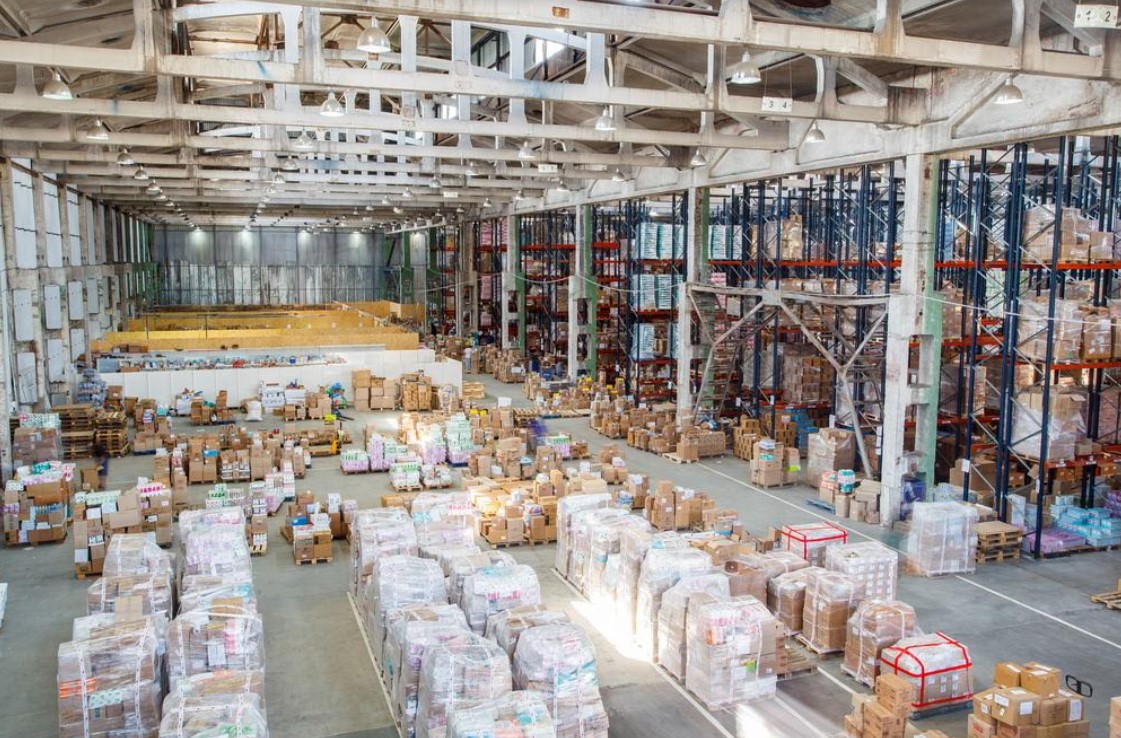
In business, supply chain and logistics management is a crucial component for success. A well-coordinated supply chain not only improves efficiency but also reduces costs, ensuring a competitive edge.
When it comes to supply chain and logistics management, it’s important to establish clear goals and objectives. Determine what you want to achieve. This might be reducing lead times, improving customer service, or cutting costs. Having these goals in mind will guide your strategies and tactics.
Implement an Integrated Supply Chain Strategy
An integrated supply chain strategy involves coordinating all activities and parties within the supply chain to work towards common objectives. This holistic approach ensures seamless communication, better visibility, and increased efficiency. Collaborate with suppliers, manufacturers, and distributors to create a cohesive plan and set expectations.
Utilize Technology for Better Visibility and Control
Technology plays a significant role in supply chain management. Using advanced tools like warehouse management systems, transportation management systems, and enterprise resource planning software provides better visibility and control over the entire supply chain. Furthermore, data analytics helps identify patterns, trends, and areas for improvement.
Optimize Inventory Management
Effective inventory management is a cornerstone of successful supply chain and logistics operations. Optimizing inventory levels means businesses avoid excess stock or stockouts, reducing costs and improving customer satisfaction. Consider implementing inventory management techniques like just-in-time, safety stock calculations, and demand forecasting to ensure the right products are available when needed.
Develop Strong Supplier Relationships
Strong relationships with suppliers are essential for a smooth supply chain operation. Establishing trust and open communication leads to improved collaboration, better pricing, and a more reliable supply chain. Regularly review supplier performance and maintain an open dialogue to address any issues or opportunities for improvement.
Plan for Contingencies
Supply chain disruptions have a severe impact on business operations. Planning for contingencies such as natural disasters, supplier issues, or transportation delays is key to minimizing potential risks. Develop a risk management plan and identify backup suppliers or alternative transportation options to ensure your supply chain remains resilient.
Invest in Employee Training and Development
A well-trained workforce is critical to efficient supply chain and logistics management. Investing in employee training and development ensures your team has the skills and knowledge necessary to perform their roles effectively. Regularly review employee performance and provide opportunities for growth and learning.
Choose Green Supply Chain Practices
Implementing green supply chain practices like reducing packaging waste, using energy-efficient transportation methods, and sourcing from environmentally responsible suppliers enhances a company’s reputation and minimizes its environmental impact.
Monitor Key Performance Indicators
Regularly monitoring key performance indicators (KPIs) is essential for gauging the effectiveness of your supply chain and logistics operations. KPIs can include on-time delivery rates, order accuracy, or inventory turnover. Analyze this data to identify areas for improvement and adjust strategies accordingly.
Consider Accounts Recievable Factoring for Financial Flexibility
In some cases, managing cash flow is challenging for a business, particularly when having to deal with long payment terms or fluctuating demand. The experts at Utah’s Thales Financial say that factoring your accounts recievable can be a useful solution that provides immediate cash to meet short-term financial needs without taking on long-term debt. This option enhances your financial flexibility, allowing you to invest in supply chain improvements or manage unexpected expenses.
Conclusion
Managing supply chain and logistics effectively is crucial for the success of any business. Establishing clear goals, implementing integrated strategies, leveraging technology, and investing in employee development means that companies can create a robust and efficient supply chain operation. As the business landscape continues to evolve, staying proactive and adaptable in supply chain and logistics management will ensure your organization remains competitive and poised for growth.
